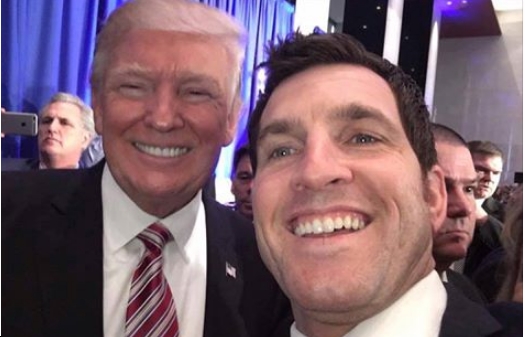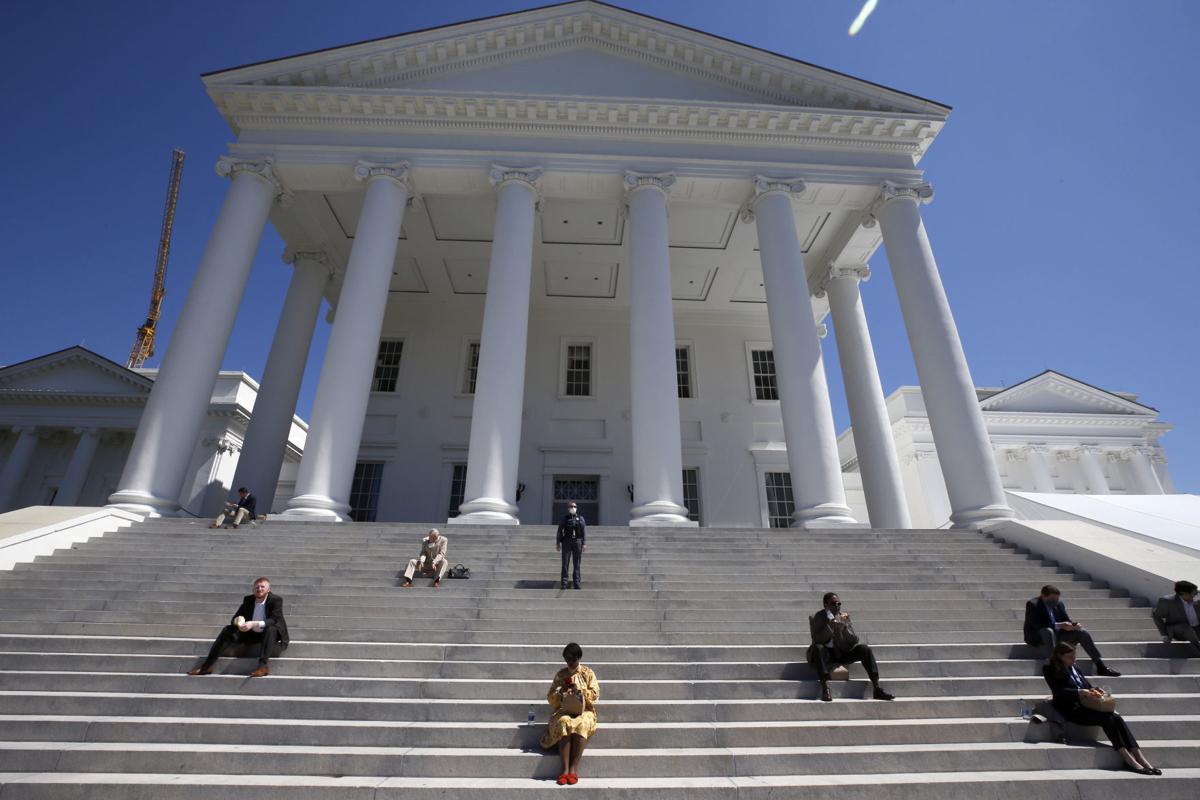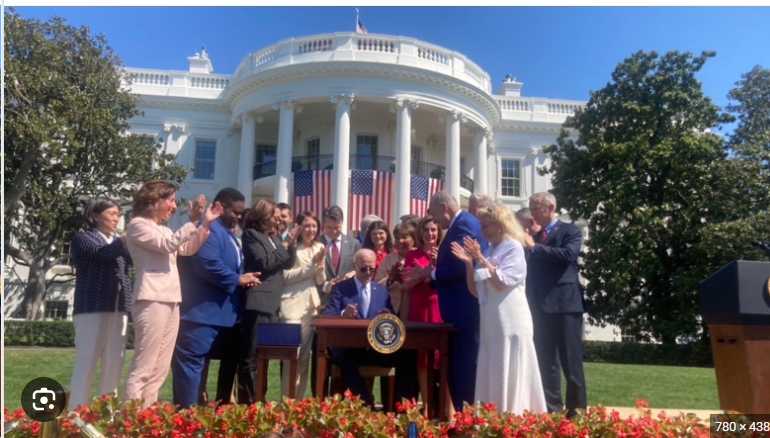( – promoted by lowkell)

This thought comes to mind again because of Rick Santorum’s latest comments, as reported in the Des Moines Register:
Discussing controversial classroom subjects such as evolution and global warming, Santorum said he has suggested that “science should get out of politics” and he is opposed to teaching that provides a “politically correct perspective.”
We as Democrats — in 2012, 2013, and beyond — need to wrap this idiocy around the necks of every Republican until the Republicans repudiate it and join the 21st Century.
In July, 2004, John Kerry asked this question — “Wouldn’t it be great to have a President who believes in science?” The answer that the country gave was, “Nah.” John Kerry might not have been the right messenger, but the question was the right question.
In 2005, journalist Chris Mooney wrote The Republican War on Science. Mooney discussed the Republican Party leadership’s stance on science, and in particular that of the George W. Bush administration, on issues like global warming, the evolution/creation controversy, pollution, and the government funding of education, research, and environmental protection. I once heard an NPR interview of Mooney about his book, and he seemed to be particularly aghast at the notion that Senator James Inhofe should be making policy on anything having to do with science (as should we all have been).
The book argued that the Republican leadership regularly distorted and/or suppressed scientific research to further its own political aims. There were plenty of examples, like Dr. James Hansen, head of NASA’s Goddard Institute for Space Studies, whose reports on global warming were edited and censored by political hacks in the Bush Administration for fear that they might be seen for what they were — proof that global warming was real, and that humans were at least part of the cause.
Mooney has gone on to argue in other books that what he calls “scientific illiteracy” continues to plague our political discourse, and that scientific illiteracy has cost us 20 years in trying to make headway on global warming.
And the Republicans’ scientific illiteracy is getting worse. The National Journal reports that only 65 out of the 289 Republicans in the House and Senate even would agree to be interviewed on the subject of global warming, and only 20 — about 7% — were willing to say that human activity had even some role in what warming there was.
As recently as 2008, folks like Mitt Romney, Newt Gingrich, John Boehner, Tim Pawlenty, and Sarah Palin were all willing to acknowledge that global warming was real, and that humans bore at least some responsibility for it. So why the change? As the folks at ThinkProgress.com note:
It’s not the science that has changed – it’s only gotten stronger. As Ralph Cicerone, president of the National Academy of Sciences and chair of the National Research Council, said: The level of scientific certainty that human-induced greenhouse gas emissions are causing climate change is comparable to the strength of our understanding that vaccines prevent measles and polio.
What have changed, according to the National Journal, are the types and relative strengths of pressures on GOP lawmakers. Namely, “the rise of the Tea Party, its crusade against regulations, and the influx of vast sums of money into electoral politics from energy companies and sympathetic interest groups.”
And the prime villains appear to be the Koch Brothers, but that’s getting off the point that I want to make here.
In 2005, Tim Kaine won by doing much better than expected in the suburbs — Fairfax, Prince William, Albemarle, etc. His wedge issue in most of the suburbs was transportation. But suburban voters are also generally intelligent voters who value education, and who want their children to get good educations that will prepare them for a 21st Century marketplace.
Tim spoke recently at a fundraiser in Charlottesville, and he gave what I assume is his basic stump speech — that we have to invest in education so that we can, in his words, “get the talent piece right.” What he meant by that was that Virginia’s public schools and public universities are one of our greatest strengths. He tells the story of one time as Governor when he was trying to persuade a manufacturer to locate in Virginia. The governors of Virginia and South Carolina were both competing to bring that employer to their respective states. The governor of South Carolina was able to put together a better package of tax concessions and so on, which Tim could not match. When the CEO of the company called Tim to see if he could get Virginia to sweeten the offer, Tim had to tell him, “Sorry. I have put on the table all that I have. If you are making this decision for the short term — how your balance sheet will look this year — go to South Carolina. But if you are making this decision for the long term, consider this. Our public schools — once in the bottom five nationally — are now in the top ten nationally. Our public universities are among the very best in the nation. That’s where your children, and the children of your employees, will be going to school. When you try to recruit new employees, you’ll have a great talent pool to draw on from Virginia natives. And you’ll be able to tell recruits from other states that if they come to Virginia to work for you, their children will be going to great schools.” And the CEO decided to locate their new facility in Virginia, even though South Carolina could put more money on the table.
The Pew Research Center has just released a poll that shows that, although Americans’ belief in the reality of global warming had declined from 77% in 2007 to 57% in 2009, that trend has reversed, and now 63% of Americans believe that the earth is warming. Most importantly for electoral purposes, the number of independents and moderate Republicans who believe in it is rising. Moderate Republicans have gone from 41% to 63% just in the last two years. Independents have gone from 53% to 63%.
I am prepared to assume that moderate Republicans (whatever they may be) are intelligent folks, and that when they dropped in their support for the reality of global warming between 2008 (69%) to 2009 (41%), it was more a form of temporary insanity than a true conversion. If so, the numbers since then suggest that the persuadables — the independents and moderate Republicans — are coming back to their senses. Maybe the Koch Brothers are losing the battle.
And this suggests that Democrats have an opportunity to capture those persuadables by drawing the stark contrast between the head-in-the-sand folks like Rick Santorum and Ken Cuccinelli, on the one hand, and the I-can-read-a-graph folks like Barack Obama and Tim Kaine on the other hand. And if we can make a concerted effort to make support for science a part of our campaigns, we might attract back the independents and moderate Republicans that we lost in 2009 and 2010.
The Republicans are giving us an opportunity. We need to grab it with both hands.
Every Republican candidate should be forced to take a public position on evolution and creation. Every Republican candidate should be forced to take a public position on global warming and on Cuccinelli’s abuse of power in going after climate change scientists. And every Democratic candidate should be willing and able to discuss these issues in ways that appeal to those independents and moderate Republicans who disagree with the Republican line.















